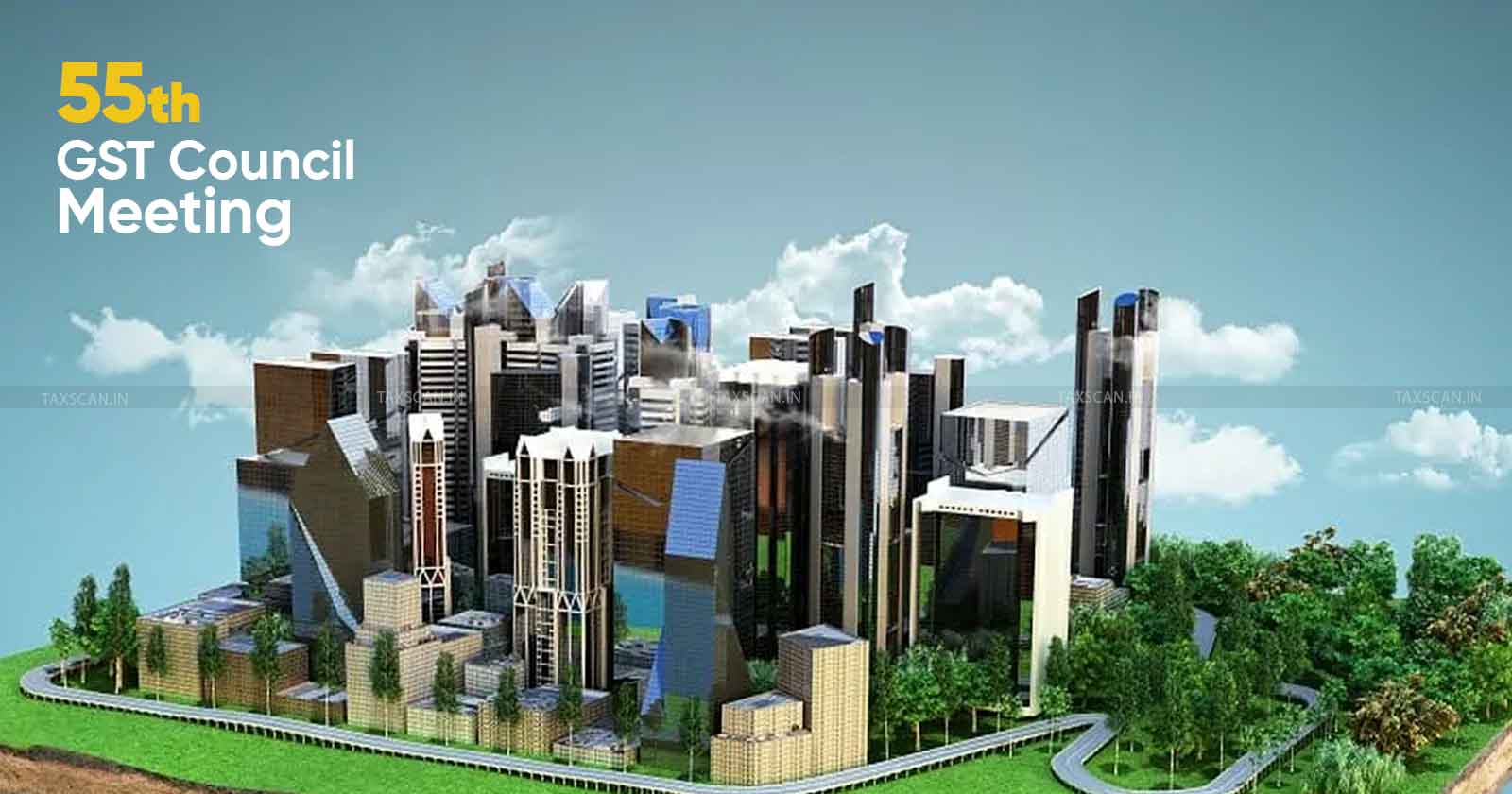CREDAI resists proposed 18% GST on Floor Space Index for Real Estate Projects
Representatives of CREDAI contended that inflating GST on FSI would adversely affect potential middle-class buyers

The Confederation of Real Estate Developers' Associations of India ( CREDAI ) recently raised reservations on the levy of 18% Goods and Services Tax ( GST ) on Floor Space Index ( FSI ) on Real Estate Projects.
In a letter dated December 20, 2024, CREDAI raised their concerns to Union Finance Minister Nirmala Sitharaman, who chaired the 55th meeting of the GST Council today (21st December 2024) at Jaisalmer, Rajasthan. Recent reports suggest that the Central Government intends to impose 18% GST on top of additional FSI charges for real estate projects, which are poised to be one of the points of discussion in the GST Council Meeting.
CREDAI has highlighted that imposing an 18% GST on FSI could lead to price inflation of 7-10% in the nationwide housing market, severely impacting housing affordability and project viability.
FSI, also called Floor Area Ratio (FAR), determines the maximum floor area that can be constructed on a given plot of land, having a direct nexus with the sustainability and viability of real-estate projects. Concerned developers have warned that imposing higher taxes on these charges would disproportionately burden ongoing and future projects, raising construction costs, ultimately trickling down on potential homebuyers.
Know When to Say No to Cash Transactions, Click Here
“FSI charges constitute a significant portion of project costs,” stated Boman Irani, President of CREDAI National. “The proposal to impose 18% GST on these charges could destabilize the real estate sector, leading to increased housing prices and delayed project deliveries. We urge the government to exempt FSI charges from GST.”
Reference was made to Article 243W and the twelfth schedule of the Constitution which encompasses urban planning, land regulation and slum improvement as municipal functions, further reiterating the stance by CREDAI that GST shall remain outside the scope of Goods and Services Tax.
As talks regarding the retrospective application of this change looms in the air, developers argue that it would impose "enormous unforeseen liabilities," disrupting the financial planning of ongoing and completed projects. “Any retrospective or prospective GST levy could destabilize the sector, delay project completions, and compromise homeownership dreams for millions of Indians,” emphasizes Irani.
Niranjan Hiranandani, Chairman of the National Real Estate Development Council warned that additional taxation on FSI would have a domino effect, increasing financial pressure, development premiums and raw material and labour costs.
CREDAI has appealed to the Central Government to maintain the current exemption on FSI charges, warning that the imposition of GST on FSI could create a cascading effect, reducing housing supply and demand while affecting economic growth linked to the real estate sector.
Know When to Say No to Cash Transactions, Click Here
The letter comes as a precursor towards the much-anticipated reforms brought about by the 55th GST Council Meeting taking place at Jaisalmer today.
Support our journalism by subscribing to Taxscan premium. Follow us on Telegram for quick updates


